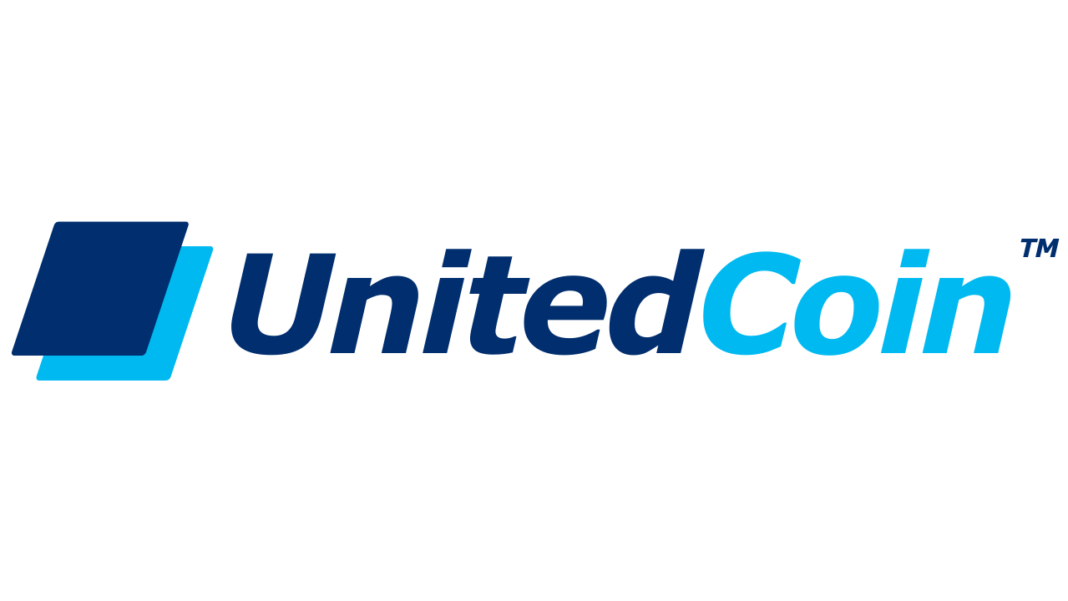In recent years, the cryptocurrency market has experienced exponential growth, with various digital assets gaining prominence. Among these, Tether (USDT) has emerged as a leading stablecoin, offering stability by pegging its value to traditional fiat currencies like the US dollar. As interest in USDT continues to rise, investors are exploring avenues for buying and trading this digital asset. For those in Dubai, navigating the USDT market requires understanding the available options and adhering to regulatory guidelines.
Dubai, known for its progressive approach towards technology and finance, has seen a surge in cryptocurrency adoption in recent years. With its thriving financial ecosystem and a growing number of crypto enthusiasts, the city has become a hub for digital asset trading. However, when it comes to buy USDT in Dubai, individuals need to consider several factors to ensure a smooth and compliant transaction.
One of the primary methods for buying USDT in Dubai is through cryptocurrency exchanges. These platforms act as intermediaries, facilitating the buying and selling of various digital assets, including USDT. Popular exchanges such as Binance, BitOasis, and Kraken offer trading pairs with USDT, allowing users to exchange other cryptocurrencies or fiat currencies for USDT.
To begin trading on these exchanges, individuals typically need to sign up for an account and complete a verification process, which may involve providing identification documents as per regulatory requirements. Once verified, users can fund their accounts using different payment methods supported by the exchange, such as bank transfers, credit/debit cards, or even digital wallets. Upon depositing funds, they can then proceed to buy USDT at the prevailing market rate.
Another option for purchasing USDT in Dubai is through over-the-counter (OTC) desks. OTC trading involves direct transactions between buyers and sellers, often facilitated by brokers or specialized platforms. In Dubai, OTC trading desks cater to institutional investors and high-net-worth individuals seeking to execute large trades outside of the public exchanges. These desks offer personalized service, liquidity, and privacy, making them an attractive option for certain investors.
When buying USDT through OTC desks, individuals can negotiate prices and transaction terms directly with the counterparty. This flexibility allows for tailored solutions and can be particularly advantageous for large-volume trades. However, it’s essential to conduct thorough due diligence and ensure compliance with anti-money laundering (AML) and know your customer (KYC) regulations, as OTC transactions may involve higher risks compared to trading on regulated exchanges.
Apart from exchanges and OTC desks, peer-to-peer (P2P) platforms also provide a means to buy USDT in Dubai. P2P marketplaces connect buyers and sellers directly, facilitating transactions through escrow services to ensure security and trust. LocalBitcoins and Paxful are examples of P2P platforms that support USDT trading, enabling users to exchange fiat currency or other digital assets for USDT with individuals residing in Dubai or elsewhere.
Using P2P platforms offers advantages such as competitive pricing, flexibility in payment methods, and the opportunity to engage with a global network of traders. However, buyers should exercise caution and verify the reputation and trustworthiness of counterparties before initiating transactions. Additionally, adherence to safety protocols, such as conducting trades in public places and verifying payment confirmations, is crucial to mitigate the risk of fraud or scams.
Regardless of the method chosen, individuals buying USDT in Dubai must also consider regulatory compliance and tax implications. The United Arab Emirates (UAE) has taken significant steps to regulate cryptocurrency activities, aiming to promote innovation while safeguarding investors and maintaining financial stability. In 2020, the UAE government introduced the “Regulatory Framework for Stored Values and Electronic Payment Systems,” which outlines licensing requirements and operational guidelines for entities engaging in virtual asset-related activities.
Furthermore, individuals must be aware of their tax obligations concerning cryptocurrency transactions. While the UAE currently does not impose income tax on individuals, the treatment of cryptocurrencies for tax purposes may vary depending on factors such as trading frequency, intention (investment vs. business), and residency status. Seeking professional advice from tax consultants or legal experts can help individuals navigate the complex landscape of cryptocurrency taxation and ensure compliance with relevant laws.
In conclusion, buying USDT in Dubai offers investors various avenues for participation in the growing digital asset market. Whether through cryptocurrency exchanges, OTC desks, or P2P platforms, individuals have access to diverse channels for acquiring USDT based on their preferences and requirements. However, it’s essential to conduct thorough research, adhere to regulatory guidelines, and exercise caution when engaging in cryptocurrency transactions to mitigate risks and safeguard assets in this dynamic and evolving ecosystem.



